The academic exodus: why are so many students switching out of STEM?
Culture surrounding STEM may be causing students to switch to humanities or social sciences
Students in the CSI cube studying late at night.
It’s 3 a.m. and all lights on campus are out, except for one building: CSI. CSI, aka Marrs McLean Science Center and the Center for Innovation and Entrepreneurship, is home to the “hard” sciences such as physics, math, biology and more. It’s well known for being the only study space on campus open 24/7 due to the needs of the majors that occupy the buildings. STEM majors at Trinity have a reputation for having some of the most rigorous curriculums, which has led many students to switch to humanities or social sciences.
One such student, Rachel Lerman, was debating between chemistry, biochemistry or biochemistry and molecular biology, but is now a sociology major interested in double majoring in international development. She greatly enjoyed her STEM courses in high school and didn’t find much satisfaction in English or history classes. However, she was dissatisfied with the STEM experience at Trinity.
“I feel like there is a pressure to go into STEM if you want to be successful in life, with success being equated to how much money you make. Following that, I feel like the world makes you feel like you won’t find a job with a degree in the humanities. There was just a lot of pressure from the world to go into STEM because it was a safe option. I also wanted people to think I was smart because the world views the humanities as easy,” Lerman said.
Lerman took Introduction to Chemistry, Calculus I and the First-Year Experience Course called Social Justice all in her freshman year. She would watch the clock during her STEM classes, anxious to leave, but lit up when talking about her FYE. She said she is better able to demonstrate her knowledge through essays rather than exams, a common measure of ability in STEM courses. She is also able to better balance her schedule as she is no longer required to enroll in a three-hour lab that accompanies many STEM courses.
Professors have also noticed how the culture at large tends to contribute to the glorification of STEM. Orrin Shindell, assistant professor of physics, noted that a number of cultural and sociological factors influence pre-med students in their major choice.
“It’s kind of like coming to college and thinking ‘Well, this is what I’m supposed to do.’ Well, when you get to college and you start to discover other stuff and you realize ‘Actually, this isn’t what I’m going to do’ or ‘I would rather do something different,’ it’s not all that surprising … People are reevaluating their original motivations for wanting to [major in STEM],” Shindell said.
A transfer student, junior Michelle Okyere, experienced exactly this. She was attending a community college in Houston to complete her basics for pre-med. However, by exploring new topics in her studies she discovered that she enjoyed the social sciences much more.
“Some of the courses required for the biology major, not only did I not do well in them, but I felt like I had to get through them. When I started taking social science courses I realized that this is something I love, I’m good at [and] that I can get more out of,” Okyere said.
She added that Introduction to Biology seems to be especially challenging for many STEM majors and a major deterrent. “Intro to Biology courses were a trainwreck. That’s kind of what I felt like in biochem. It’s overwhelming.”
There is an overwhelming attitude of support for those thinking about switching majors from all spoken to. The consensus seems to be that students should pursue what makes them happy and not worry about the rest. Claudia Stokes, English professor and Co-Director of the Humanities Collective, sought to put students who are considering the switch at ease.
“Humanity programs foster skills that are in short supply professionally and are in very real demand. We have this national myth that a humanities degree is worthless, but that is not true. Humanities students have real skills. They have critical thinking skills. They have strong writing skills. They think historically … In many jobs, you can learn the subject area in the job, but you can’t teach people to write well. These are skills that are really desirable,” Stokes said.
Although students who switched majors expressed that it was difficult, they were glad they did and didn’t express any regret.
“I felt like I was giving up on STEM, letting myself down, that kind of thing. And I didn’t want to give up. I felt like I was taking the easy way out … Ever since I decided I was not going to be doing it, I feel like I have so much more freedom to do what I want to do, what I enjoy [and] what I’m good at,” Okyere said.
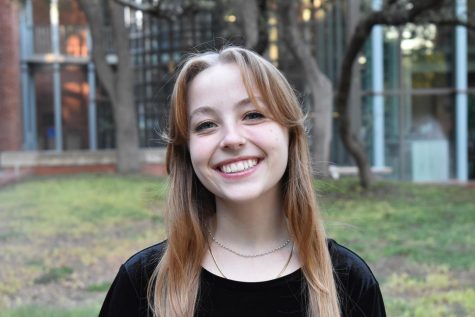
Hello! My name is Ava Gleason and I’m the Pulse Editor for the Trinitonian. I’m an undeclared sophomore with an interest in Sociology and English....
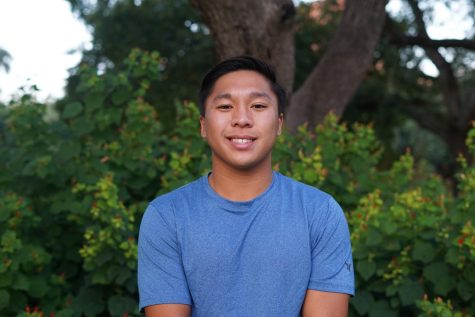
I am a senior photographer from Houston, Texas majoring in Biology on the pre-PA track. I love sports photography and just being able to capture a moment...

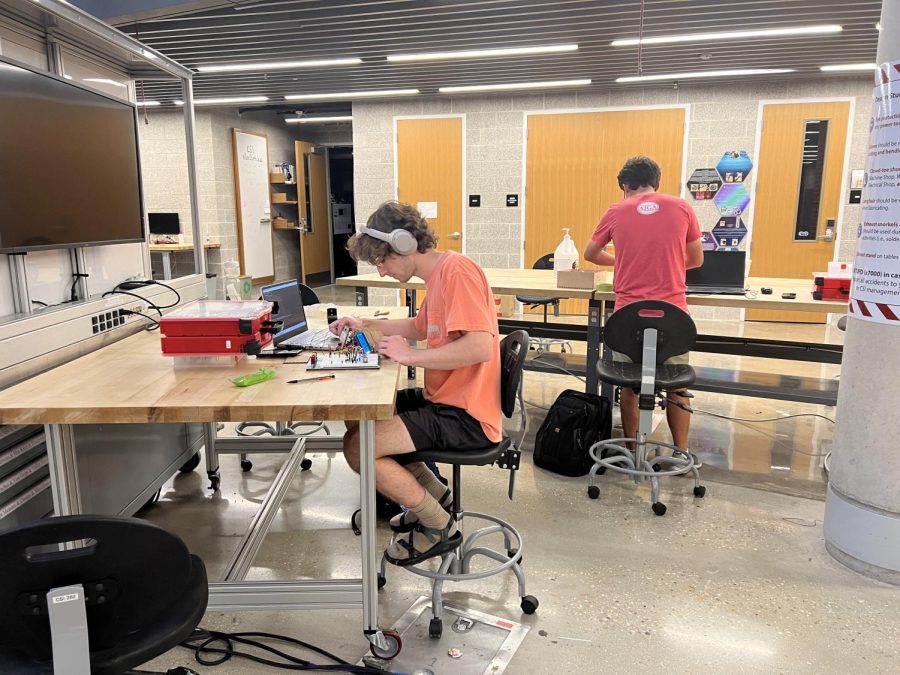


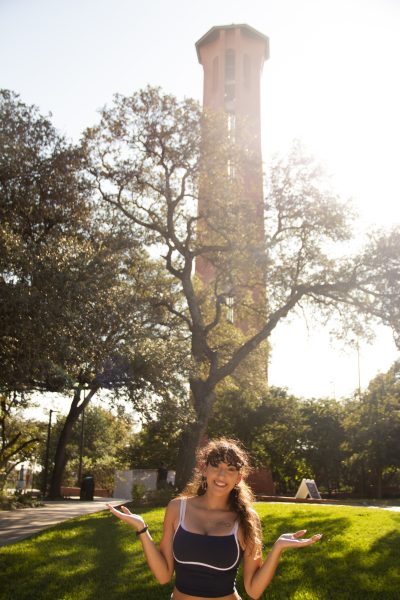
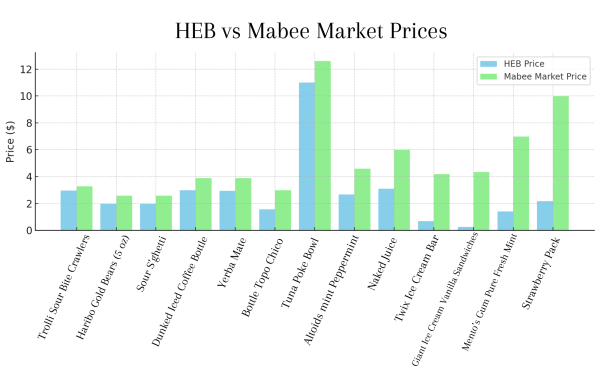
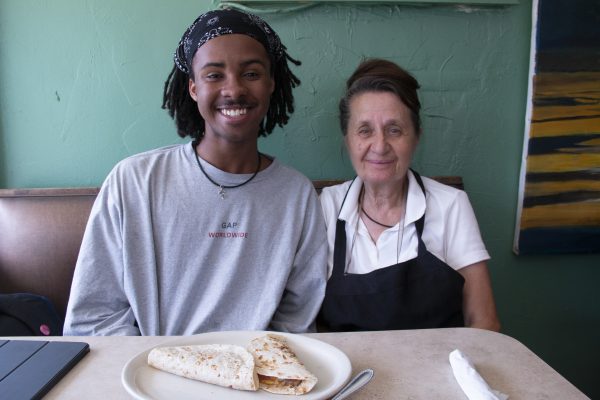
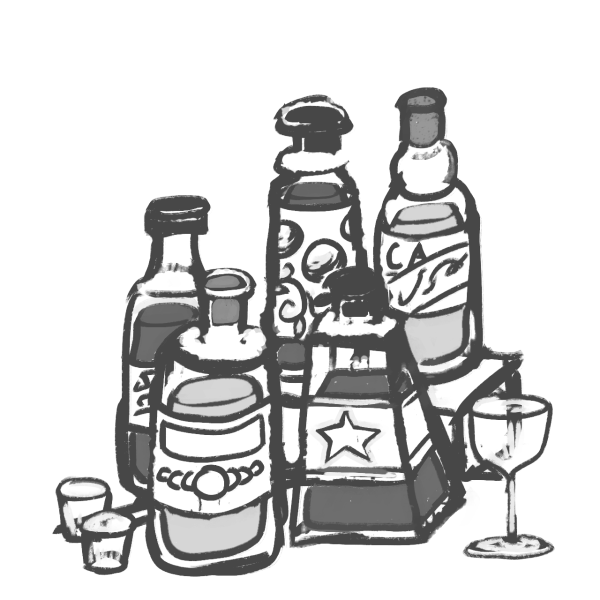
Mark Lewis • Oct 14, 2022 at 10:38 am
It might be an interesting project to work with the University to track this over time. This isn’t new, but it would be interesting to see how it varies over time. If my memory servers, when the class of 1996 entered in the fall of 1992, a full third of the class expected to be pre-med. That’s not what happened in the end. It would be interesting to have more than anecdotal evidence on what other majors people go to.
It is also worth noting that while quite a few students do switch out of STEM majors, many stick with them. That is why the graduation ceremony for the Bachelor of Science is larger than that for the Bachelor of Art.
It would also be interesting to look at the stories of the students who go the other way. I think they are less common, but there are students who move from arts and humanities to STEM for various reasons. Again, this would be a fun thing to track more rigorously and look at over time for the University as a whole.